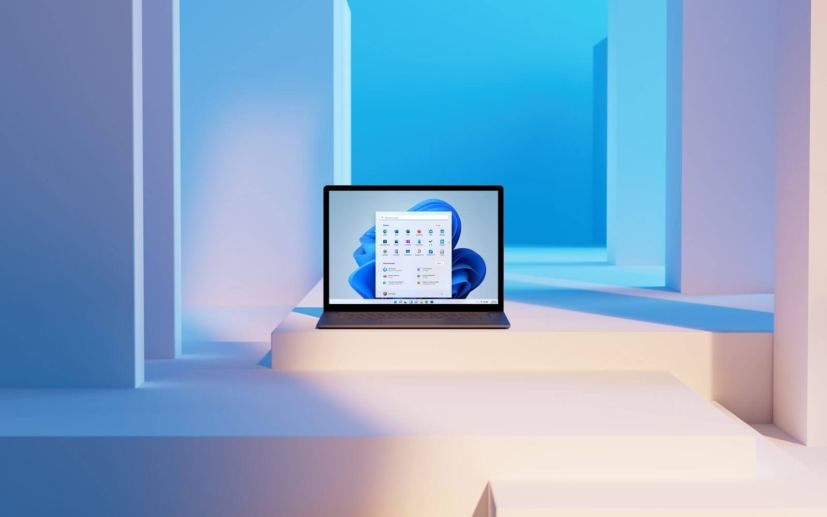Windows 11 (version 21H2) is now available as a free upgrade for computers already running Windows 10 that meet the minimum system requirements, and it is also shipping on many branded devices.
Microsoft initially began the controlled rollout on October 5 only for devices known to have a smooth upgrade experience, and it’s fully available since April 15, 2022. However, since this is an optional update, the decision as to whether you should install it now or wait longer to avoid possible issues will be up to you.
This guide will help you determine whether you should install or skip the Windows 11 upgrade on your computer.
Should you upgrade to Windows 11?
The best and short answer is “Yes,” when the company launched Windows 11 22H2 on October 5, 2021, the new version was signed off as stable and safe to install on devices that met the minimum hardware requirements. However, Microsoft was throttling the rollout to ensure that only fully compatible hardware received the update initially. Since April 15, 2022, version 21H2 has been fully available because the company resolved (and mitigated) all the known issues after several cumulative updates.
If you have a computer with unsupported hardware, you should not try to upgrade to Windows 11. Period. Although there are workarounds to bypass the TPM 2.0 and other checks, if you manage to install version 21H2, the device will state in an unsupported state. According to Microsoft, computers are likely to experience more crashes, you won’t get the support of any kind, and updates are not guaranteed.
Should I wait to install Windows 11?
Since the new version has been out for several months, waiting is no longer necessary. You can proceed with confidence to install the original version of Windows 11.
As a rule of thumb, remember that it’s never a good idea to rush the upgrade since unknown bugs, errors, and compatibility problems are expected during the initial rollout.
When the new version is ready for your computer, you will receive a notification in the Windows Update settings. If you do not get the message, you should not try to force the Windows 11 upgrade because the chances of running into issues will be higher. And you may come across errors, such as “This PC can’t be upgraded to Windows 11,” “This PC can’t be upgraded to this version of Windows 11 because of a service or driver that’s not ready yet,” or similar errors.
If the laptop or desktop computer uses an older Windows release and has no issues, you can safely upgrade to Windows 11 21H2. However, it’s important to note that in addition to bugs and known issues with the new version, it’s always possible to run into problems during and after the upgrade because of compatibility issues or other problems that are not considered bugs with version 21H2. As a result, it’s always a good idea to create a full backup before proceeding.

